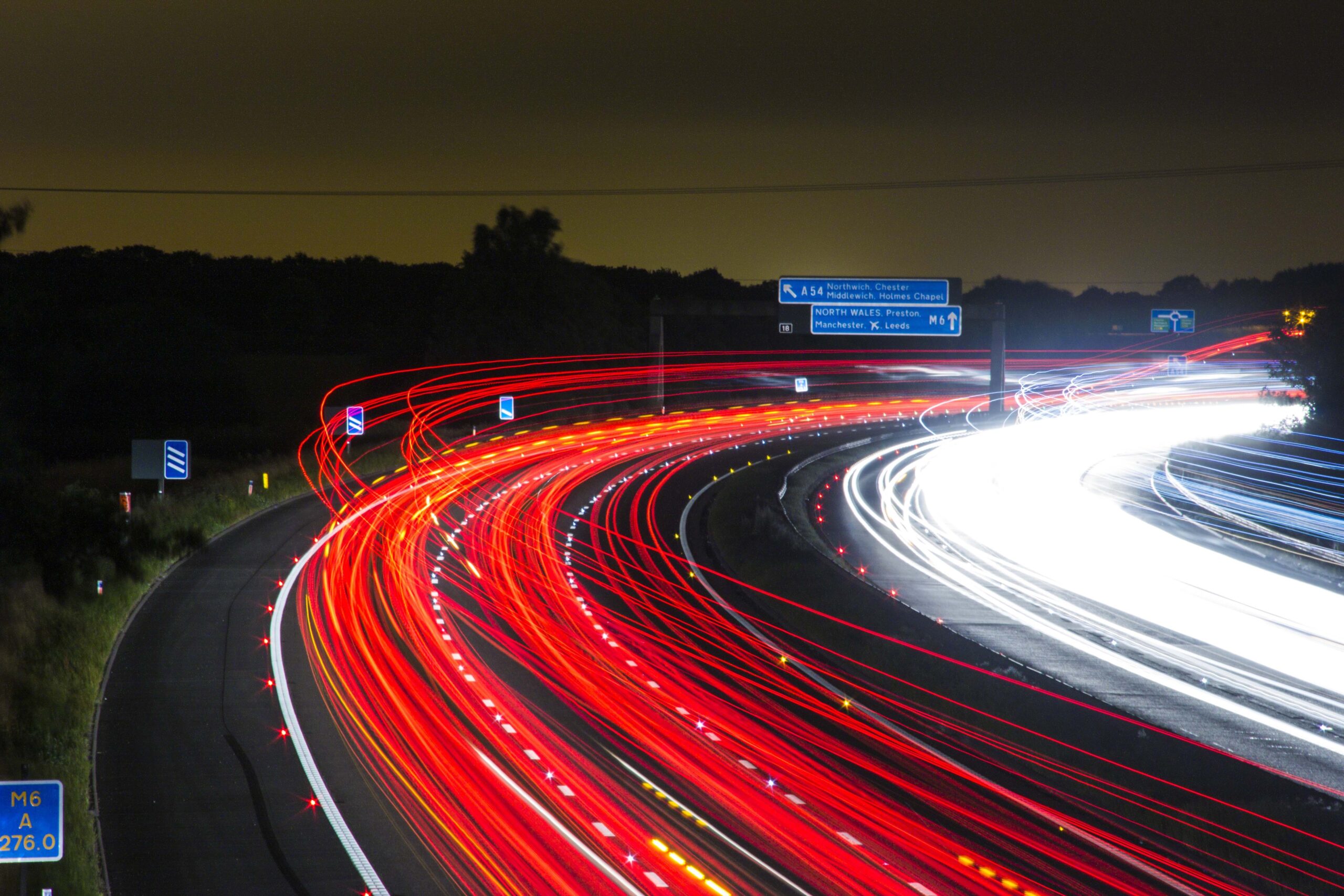Capital’s transport authority claims data-gathering will help improve services
Credit: Pixabay
Transport for London is to start gathering data on passengers’ WiFi connections.
From 8 July, TfL is to collect information on when and where passengers’ devices pick up a signal from the wireless networks enabled at 260 London Underground stations. If a mobile device has WiFi enabled, it will automatically hunt out available network connections “by sending out a unique identifier… to nearby routers as customers pass through stations”, TfL said.
This data will be soon be collected using a system “which has been developed in-house by TfL, [and] will automatically depersonalise data”, the transport authority added. No browsing or history data will be gathered, it said.
TfL claimed that gathering this information will provide it with a deeper understanding of patterns in how people travel throughout London’s transport system than is possible using existing methods of analysis.
“Currently, TfL uses data from its ticketing system to understand how journeys are made across the network,” it said. “While this is accurate for people entering and exiting the stations, this data cannot show the flow of movement through a station. Using depersonalised WiFi data, will give a more accurate, almost real-time, understanding of the flow of people through stations or interchanging between services.”
Related content
- Transport for London buses to trial automatic passenger counting
- Transport for London BYOD scheme accredits more than 3,500 staff devices
- Transport for London seeks £70m IT services partner
The rollout of widespread data collection follows a pilot run across 54 stations during 2016. During this trial, about 509 million individual pieces of data were taken from 5.6 million separate devices, encompassing 42 million passenger journeys.
“[The pilot] revealed a number of results to TfL that could not have been detected from ticketing data or paper-based surveys,” the transport authority said. “For example, analysis showed that customers travelling between King’s Cross St Pancras and Waterloo take at least 18 different routes, with around 40% of customers not taking one of the two most popular routes.”
By the end of 2019, TfL believes it can start using the WiFi data to provide new or more detailed information to customers and staff. This is likely to include up-to-date information on crowding on its website, and well as broader crowding data that can be used by app external app developers. Information such as this will also allow station workers and staff running the organisation’s social-media accounts to provide better guidance for customers, it said.
Lauren Sager Weinstein, chief data Officer at Transport for London, said: “The benefits this new depersonalised data set could unlock across our network—from providing customers with better alerts about overcrowding, to helping station staff have a better understanding of the network in near-real time — are enormous. By better understanding overall patterns and flows, we can provide better information to our customers and help us plan and operate our transport network more effectively for all.”
TfL said that, before announcing the data-collection initiative, it worked closely with the Information Commissioner’s Office to ensure privacy and data-protection issues were understood. Before collection begins, signs will also be erected at stations informing customers that data is being collected from their phones, and directing them towards a website where they can find out more information.
“While I am excited about the potential of this new dataset, I am equally mindful of the responsibility that comes with it,” Sager Weinstein said. “We take our customers’ privacy extremely seriously and will not identify individuals from the WiFi data collected. Transparency, privacy and ethics need to be at the forefront of data work in society and we recognise the trust that our customers place in us, and safeguarding our customers’ data is absolutely fundamental.”



